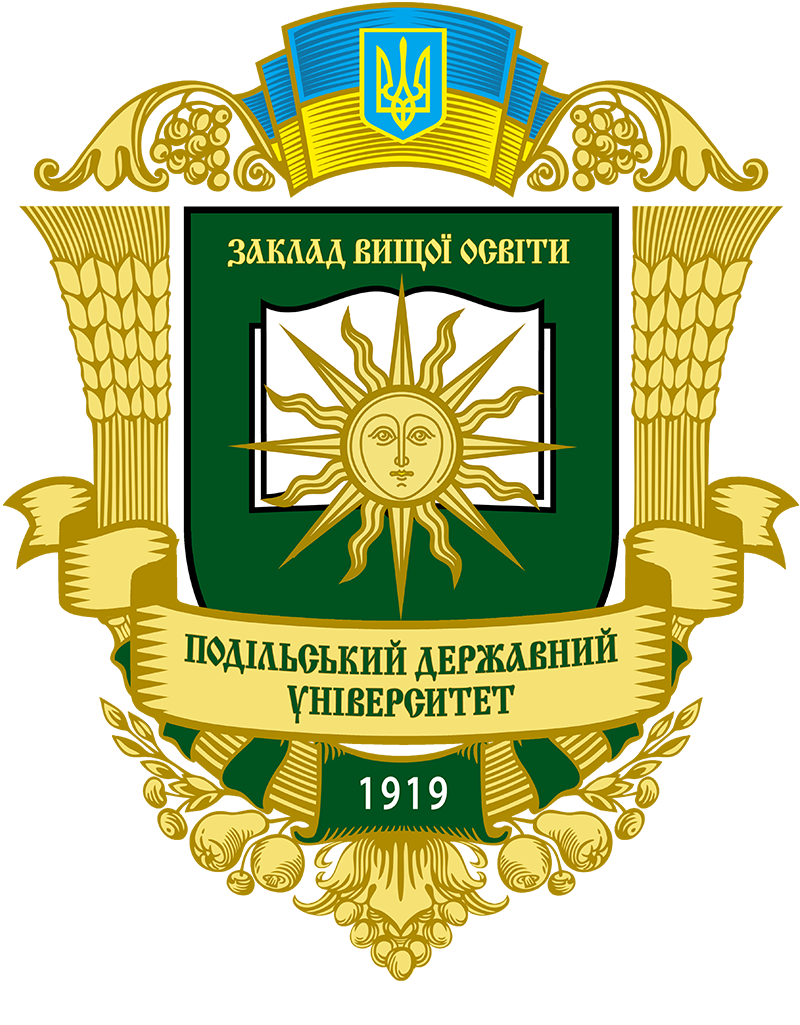STRUCTURAL AND FUNCTIONAL MODEL OF THE SYSTEM FOR THE FORMATION OF PEDAGOGICAL REFLECTION IN THE PROCESS OF FOREIGN LANGUAGE TRAINING OF FUTURE SOCIONOMIC SPECIALISTS
DOI:
https://doi.org/10.37406/2521-6449/2025-1-6Keywords:
pedagogical reflection, foreign language training, socionomic specialists, structural and functional model, reflective learning, adaptive learning strategiesAbstract
The article examines the subject of pedagogical reflection in the context of foreign language training of future socionomic specialists, focusing on the development of a single structural and functional model. The research method is the proposed model that integrates pedagogical reflection into the process of learning a foreign language, allowing students to critically evaluate their progress in learning and professional growth. The research methodology provides the development and in-depth analysis of key structural components, including the learning environment, curriculum content, teacher-student interaction, and technology integration. Special attention is paid to the content of the curriculum, as it includes relevant socio-cultural themes and communicative scenarios that reflect real interactions, encouraging students to critically question and evaluate their learning experiences. The model is also supported by functional mechanisms such as continuous feedback loops and adaptive learning strategies that meet the individual needs of students.The study presents new findings, demonstrating the crucial role, changing pedagogical reflection in enhancing reflective competence, improving language proficiency, and increasing cultural awareness among future socionomic specialists. Students who engage in reflective practices develop stronger communication skills, become more adaptable to diverse social and cultural environments, and are better prepared for professional challenges. These results suggest that integrating reflective learning strategies into foreign language learning can significantly improve the overall educational experience. Subsequently, these results provide a basis for improving the foreign language teaching program by emphasizing reflective methods that develop with professional growth.The paper concludes by arguing that implementing this model can lead to more effective foreign language learning by promoting independence, critical thinking, and self-regulation among students. The paper also recommends further research into the wider application of this model in other areas of education, as well as the increased use of educational technology to support continuous feedback, personalized learning and reflective practices in the languages of instruction.
References
Denha N., Kyrylenko K., Syvokhop E., Yermakova S., Stepanchenko N., Bilanych H. Methodical Work as a Means of Developing Professional Reflection of Teachers. Revista Romaneasca Pentru Educatie Multidimensionala. 2022. № 14(2). P. 363–392. URL: https://doi.org/10.18662/rrem/14.2/586.
Glazkova I., Khatuntseva S., Yaroshchuk L. Professional Pedagogical Culture: Historical Culturological Aspect. Revista Romaneasca Pentru Educatie Multidimensionala. 2020. № 12(3). P. 144–161.
Humeniuk I. M. The structural-functional model of learning of ukrainian language for professional orientations of the future primary school teachers and educators. Scientific Notes of Junior Academy of Sciences of Ukraine. 2022. № 1 (23). P. 13–20. URL: https://doi.org/10.51707/2618-0529-2022-23-02.
Kovalenko E. V., Gubarenko I. V., Kovalenko V. I. A Functional Matrix Approach to Pedagogical Enrichment of the Dispositional Core of Future Specialists’ Experience of Social Interaction. International journal of computer science and network security: IJCSNS. 2022. № 22 (11). P. 255–259.
Kulida O. Pedagogical reflection in the modeling of the purposes of the professional preparation of the future specialists. Scientific Journal of Polonia University. 2020. № 38 (1-1). P. 159–165.
Mukhamedov G., Khodjamkulov U., Shofkorov A., Makhmudov K. Pedagogical education cluster: content and form. ISJ Theoretical & Applied Science. 2020. № 1(81). P. 250 –257.
Mykytyshyn A. Peculiarities of Structural and Functional Model of Professional Foreign Language Training of Future Software Engineers. Ukrainian Journal of Educational Studies and Information Technology. 2018. № 6(1). P. 23–32. URL: https://doi.org/10.32919/uesit.2018.01.03.
Picado-Alfaro M., Loría-Fernández J. R., Espinoza-González J. Teacher reflection on a teachingLearning situation regarding the concept of relation in secondary education. Uniciencia. 2022. № 36(1). P. 14–35.
Stoliarenko O., Stoliarenko O., Oberemok A., Belan T., Piasetska N., Shpylova M. Shaping a Values-Based Attitude toward Human in the Context of Postmodernism via the Structural-Functional Model. Postmodern Openings. 2021. № 12(3). P. 173–189.
Sultanova L., Khomych L., Tsiuniak O., Romaniu O. Structural and functional model of developing pedagogical skills of teachers of economics in Master’s degree programmes. In SHS Web of Conferences (Vol. 104, p. 02013). 2021. EDP Sciences.








